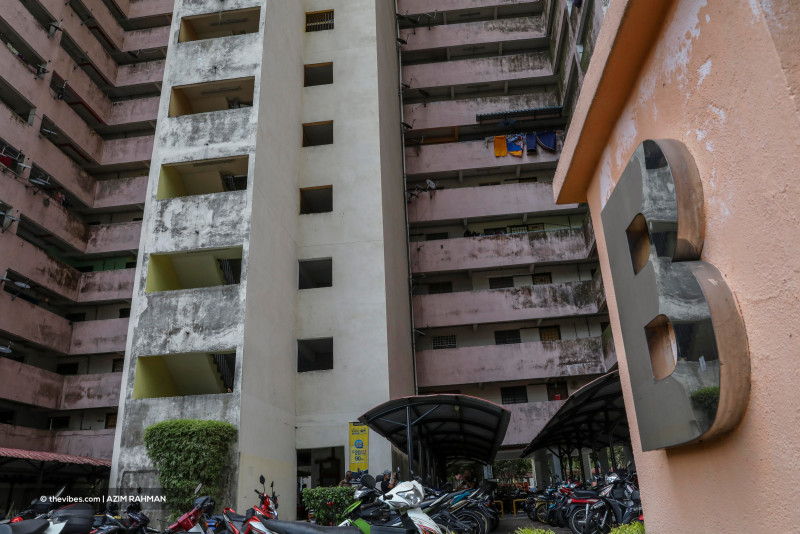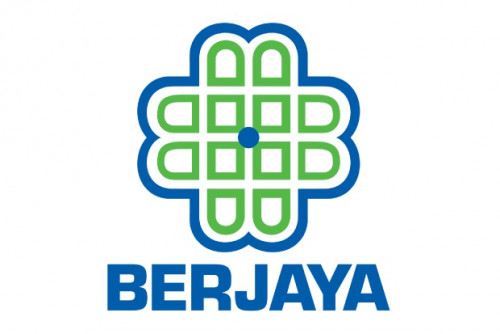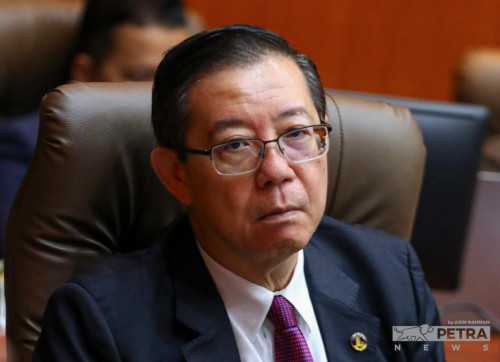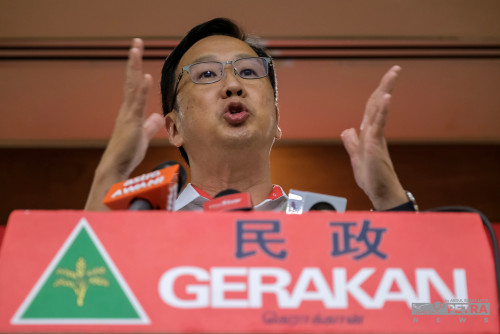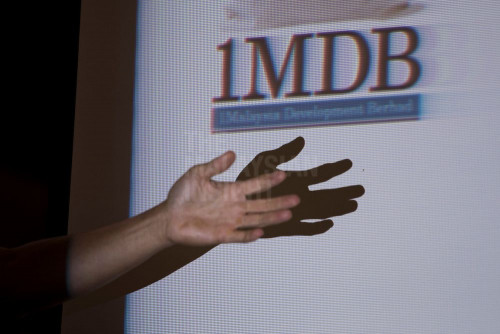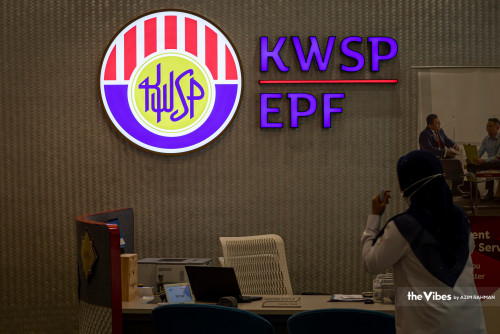THE National House Buyers Association (HBA) acknowledges the challenges faced by our Finance Minister Datuk Seri Anwar Ibrahim in retabling the national Budget 2023 today in view of the post-Covid-19 pandemic affecting global and regional economies as well as the Malaysian financial health.
Our perspective of Budget 2023 is that of concern, rationale and suggestions after making a comparison to the one tabled by the previous government.
Our comments and response to Budget 2023 on matters relating to the property sector are as follows:
1. RM10 stamp duty for properties transferred between family members:
HBA is disappointed that the proposed incentive of nominal stamp duty for transactions on the transfer of real property from parents to their immediate family or children has been ignored and not made a reality. In fact, this will alleviate the burden on the parents having to bear stamp duties which can be saved for other purposes.
We hope the government will take heed of this proposal by revisiting the request for nominal stamp duty of RM10 on transfers among family members.
2. RM50 million allocation to repair, replace and maintain People’s Housing Projects (PPRs) and RM367 million allocation to build new PPRs to house 12,400 more people:
HBA is of the opinion that PPRs should remain as transit homes for rental and not for sale or ownership.
PPR units built are only temporary living quarters for those looking to, in the future, buy their own houses. They should only be rented out by the relevant agencies.
The objective and aspiration of the government are for these transit homes to provide a temporary living place for those who want to save enough money before embarking on buying their own homes.
The PPR residents should not regard the flats as their permanent homes but merely temporary abodes to shelter their families and have roofs over their heads while they endeavour to look for permanent homes.
PPRs are for self-occupation and not for sublet
PPR flat tenants are supposed to self-occupy until they improve their economic standings and move out, and allow those on the “waiting list” to take over possession of their units. Those who flout the rules by subletting their units for obvious gains should be evicted and enforcement should be meted without delay.
They act like landlords and sublet rooms to foreigners and singles who migrate from villages to cities. These have been going on for years but it seems enforcement action is slow, even sometimes thwarted by interference.
It is a betrayal of the purpose of building such PPR housing in the first place, which is to provide a roof for the poor and should not be used by rent seekers for self-profiteering.
HBA has been calling for stricter enforcement of existing rules to ensure that low-cost housing and PPR flats are not rented out to third parties and are allocated to the correct target groups.
Means test and exit policy
The tenants should go through a process of “means testing” – the process of measuring how much income a person has in order to decide if they qualify for PPR “handouts”.
These social benefits and welfare offered to PPR tenants should be reviewed every three years by a committee within the agencies so that the tenants do not overstay but should gradually allow those incoming target families to take up occupation.
This is where enforcement must be strict so that those no longer eligible must give way to those deserving ones, but of course not to the extent of “throwing them into the streets”.
3. Up to RM5 billion allocation for Housing Credit Guarantee Scheme
HBA welcomes the announcement that the government will allocate up to RM5 billion for the Housing Credit Guarantee Scheme to guarantee housing loans to help those without stable incomes such as those in the gig economy to buy properties.
The gig economy has been a lifesaver to many of the rakyat who lost their jobs and resorted to becoming ride-hailing drivers, food delivery riders and other forms of freelance work.
These employees are still economically productive and as such, should have access to financing to buy assets such as property. However, their income may not be consistent and many lack the full documents that banks typically require from fixed-income salaried employees.
However, HBA hopes this Housing Credit Guarantee Scheme will be limited to only first-time house buyers and only for affordable properties. It should also be made available for purchase of secondary properties (i.e. completed properties), not just primary properties directly from developers. – The Vibes, February 24, 2023
The National House Buyers’ Association is a voluntary non-government and not-for-profit organisation manned wholly by volunteers



